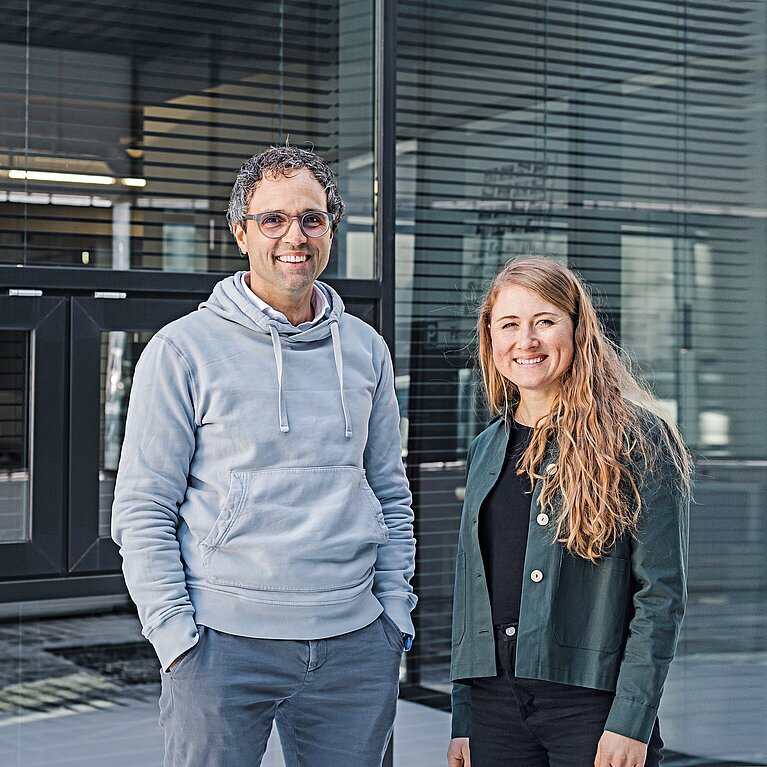

What’s your definition of sustainability?
We equate sustainability with long life and minimum impact. To reflect this, we develop strategies and creative solutions for products and brands that are here to stay. Up to 80 percent of a product’s environmental footprint is decided in the earliest design phase, so that’s where we start. Our aim is to make an impact by reducing impact. And long-lasting, high-quality products in timeless, distinctively brand-specific designs are the core of every strong brand.
Up to 80 percent of a product’s environmental footprint is decided in the earliest design phase, so that’s where we start.
Is “circular” the new “sustainable”?
It’s returning to the fore in considerations of strategy, product design and product development, and that can only be a good thing. Circularity is an important element of sustainability, but it isn’t the new “sustainable.” “Circular” means that as much as possible is put back into the cycle. This concept encourages brands to develop solutions for their products’ end of life right at the start. But there are many aspects to sustainability, and circular innovations need to be tailored to individual customers.
How is KISKA overcoming pushback against sustainability, both within and outside the company?
With strong strategies and creativity. Good ideas are pretty much invincible. Sustainability isn’t a nice-to-have; it’s a must-have. But unfortunately, it often carries negative associations such as high costs, unfamiliar processes, new materials or strict conditions under the European Green Deal. We remain determined in our quest to signal concrete ways in which sustainability can generate added value for brands and products – while also being cost-effective.
